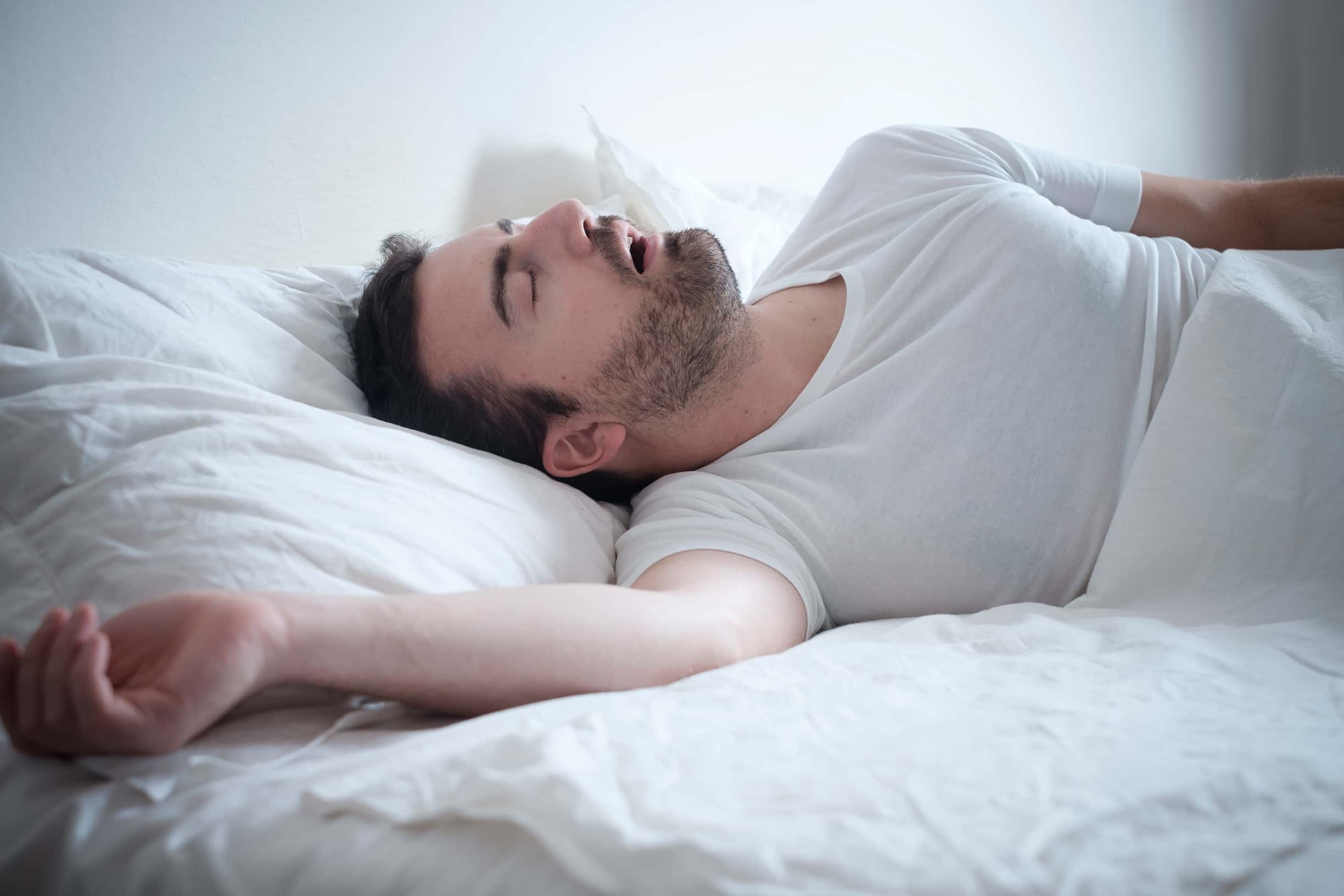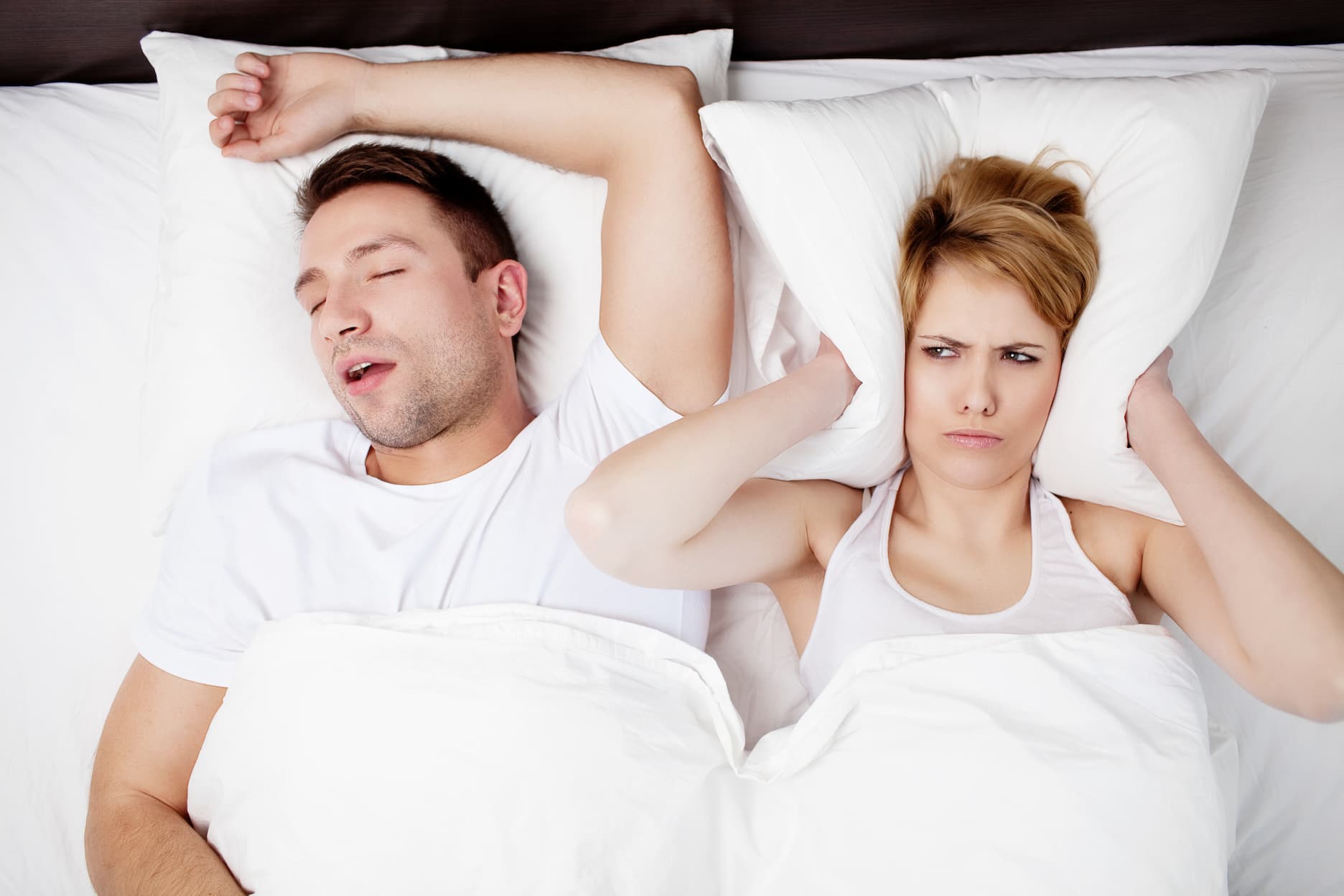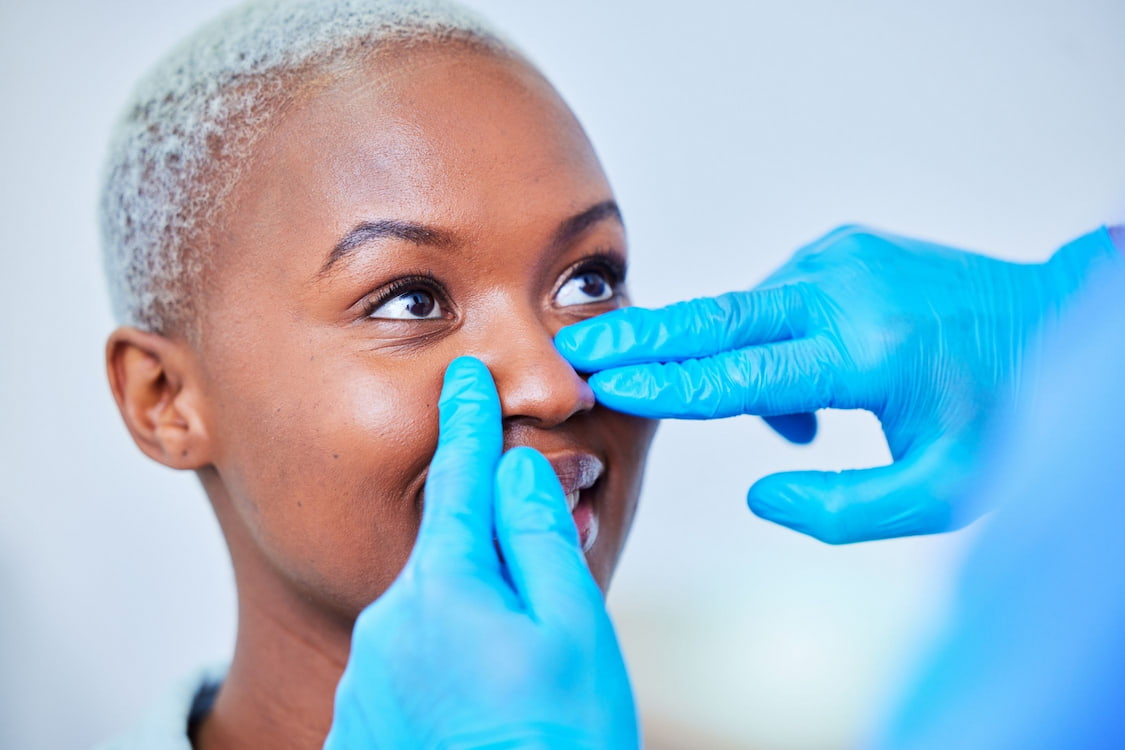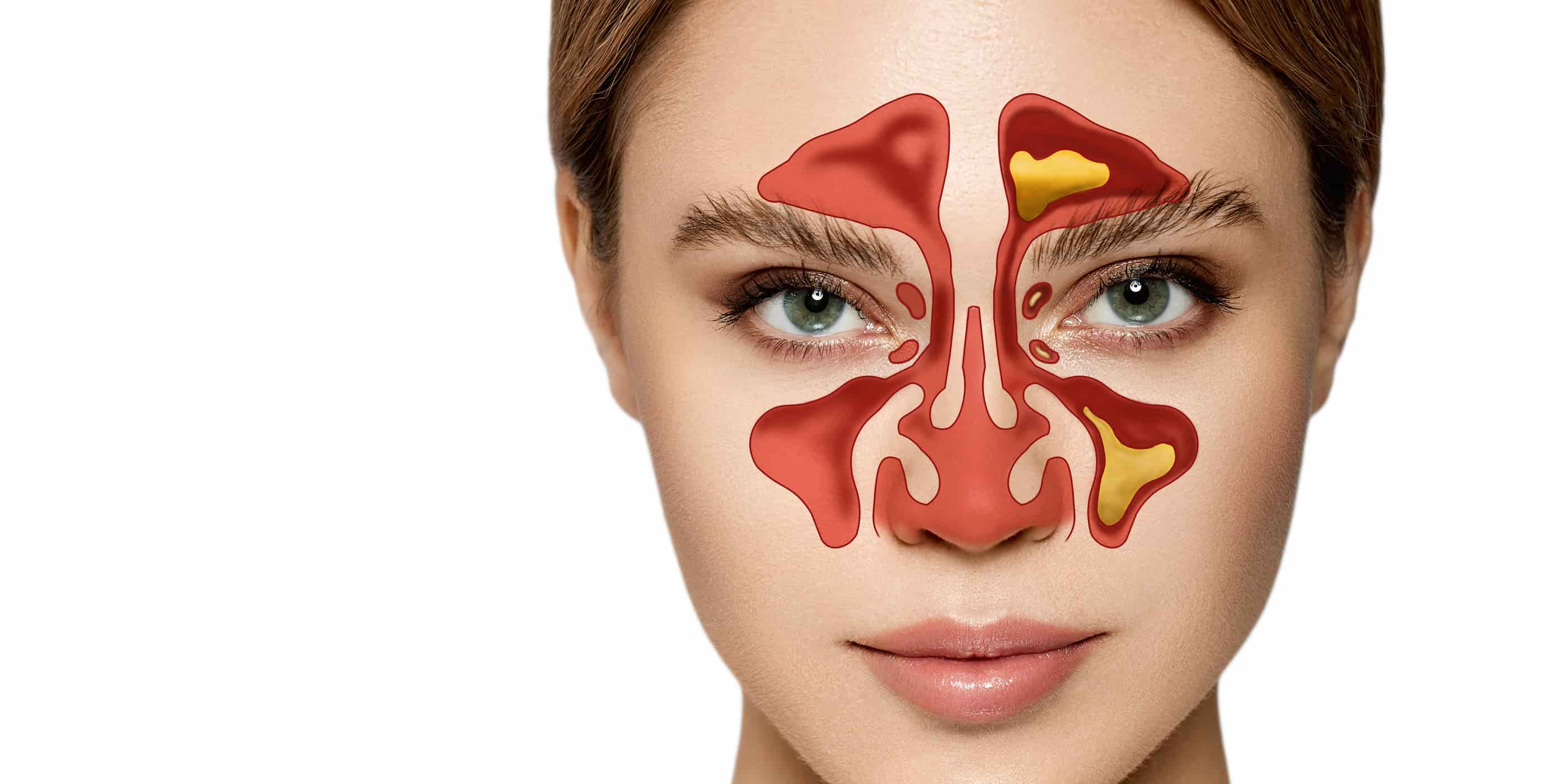
Alcohol and Snoring
If you’ve ever been kept up by someone’s snoring, you know just how disruptive it can be to a good night’s sleep. And if you’re a regular snorer yourself, you’re likely on the hunt for solutions. While there are many factors that can contribute to snoring, alcohol is one that’s often overlooked. In fact, there’s a surprising link between alcohol and snoring, and exploring the science behind it can help shed light on why and how alcohol can impact your snoring.
How Does Snoring Work?
Snoring is a common issue that affects many people, and understanding how it works can be an important step in addressing it. At its core, snoring occurs when the flow of air through the mouth and nose is obstructed during sleep, causing the surrounding tissues to vibrate and produce sound.
There are many factors that can contribute to snoring, including alcohol consumption, sleep position, and underlying medical conditions. By understanding how snoring works and the factors that can contribute to it, individuals can take steps to reduce their snoring and improve their overall sleep quality.

Does Drinking Alcohol Make Snoring Worse?
The short answer is yes, drinking alcohol can make snoring worse. But why? To understand the connection, it’s important to first understand how snoring works. Snoring is the sound that’s made when the tissues in your throat vibrate as air flows past them while you’re breathing. When you’re awake, the muscles in your throat help keep the airway open and prevent the tissues from vibrating. But when you’re asleep, those muscles relax, and the airway can narrow, making it more likely that the tissues will vibrate and cause snoring.
Alcohol can exacerbate this process in a few different ways. First, it’s a muscle relaxant, which means it can cause the muscles in your throat to relax even more than they normally would during sleep. This can lead to a greater likelihood of the tissues in your throat vibrating and causing snoring. Additionally, alcohol can cause inflammation in the airway, which can further narrow it and make snoring more likely.
What Can I Drink to Stop Snoring?
If you’re looking for a drink that can help stop snoring, unfortunately, there’s no silver bullet. However, there are a few things you can try that may help reduce the severity of your snoring. First, consider cutting back on alcohol consumption, or avoiding it altogether, especially in the hours leading up to bedtime. This can help reduce the muscle relaxation and inflammation that can contribute to snoring.
Additionally, staying hydrated can help keep the tissues in your throat from becoming too dry, which can also contribute to snoring. Drinking plenty of water and other non-alcoholic, non-caffeinated beverages throughout the day can help keep your throat moist and reduce the likelihood of snoring at night.
Can Alcohol Cause Breathing Problems When Sleeping?
In addition to making snoring worse, alcohol can also cause breathing problems when sleeping. Specifically, it can contribute to a condition called sleep apnea. Sleep apnea is a disorder characterized by pauses in breathing during sleep, which can lead to a variety of health problems if left untreated.
Alcohol can contribute to sleep apnea in a few different ways. First, as we’ve discussed, it can cause the muscles in the throat to relax, which can lead to the airway narrowing and obstructing breathing. Additionally, alcohol can interfere with the normal functioning of the brain and respiratory system during sleep, making it more difficult to maintain normal breathing patterns.
How Can I Stop Snoring Permanently?
If you’re a chronic snorer, you may be wondering if there’s a way to stop snoring permanently. The good news is that there are a variety of treatments available that can help reduce or eliminate snoring. The right treatment for you will depend on the underlying cause of your snoring, but here are a few options to consider:
Lifestyle changes: As we’ve discussed, cutting back on alcohol consumption and staying hydrated can help reduce snoring. Additionally, losing weight, quitting smoking, and avoiding sedatives before bedtime can all help improve snoring.
Oral appliances: There are a variety of devices, such as mandibular advancement devices and tongue retaining devices, that can be worn during sleep to help keep the airway open and reduce snoring.
Continuous positive airway pressure (CPAP): CPAP is a machine that delivers a continuous stream of air through a mask worn over the nose or mouth, helping to keep the airway open during sleep.
Surgery: In some cases, surgery may be necessary to correct structural abnormalities in the airway that contribute to snoring. However, surgery is typically considered a last resort and is only recommended in severe cases.
If you’re struggling with snoring, it’s important to talk to your doctor to determine the underlying cause and develop an appropriate treatment plan.
Can Being an Alcoholic Cause Sleep Apnea?
While alcohol consumption can certainly contribute to sleep apnea, it’s worth noting that simply being an alcoholic isn’t necessarily a direct cause of the condition. However, there is a strong correlation between alcoholism and sleep apnea. This is likely due in part to the fact that alcohol can exacerbate the underlying conditions that contribute to sleep apnea, such as obesity and obstructive sleep apnea.
Additionally, alcohol withdrawal can also contribute to sleep apnea. When someone who is dependent on alcohol stops drinking, they may experience withdrawal symptoms such as increased anxiety and respiratory depression, which can exacerbate sleep apnea.
The Study of Alcohol and Snoring
A recent study conducted by the Sleep Research Society and published in the Journal of Sleep Medicine explored the effects of alcohol on snoring and sleep quality. The study involved monitoring the sleep patterns and snoring levels of 500 participants over a span of six months. It found a clear correlation between alcohol consumption and an increase in snoring frequency and intensity. This scientific research underscores the link between alcohol and snoring, providing concrete evidence of the impact of alcohol on sleep quality.
Will I Stop Snoring If I Stop Drinking?
If alcohol is a significant contributor to your snoring, cutting back or stopping drinking altogether may help reduce or eliminate your snoring. However, it’s worth noting that snoring can have many different causes, and alcohol consumption is just one of them. If you’re struggling with snoring, it’s important to talk to your doctor to determine the underlying cause and develop an appropriate treatment plan.
Healthy Türkiye Notes
In conclusion, while alcohol may seem like a harmless indulgence, it can have a significant impact on your sleep and breathing. If you’re struggling with snoring, cutting back on alcohol consumption and staying hydrated may help reduce the severity of your snoring. However, if your snoring is chronic and severe, it’s important to talk to your doctor to determine the underlying cause and develop an appropriate treatment plan. Understanding how snoring works and the ways in which alcohol can contribute to it can help you take steps to improve your sleep and overall health.




